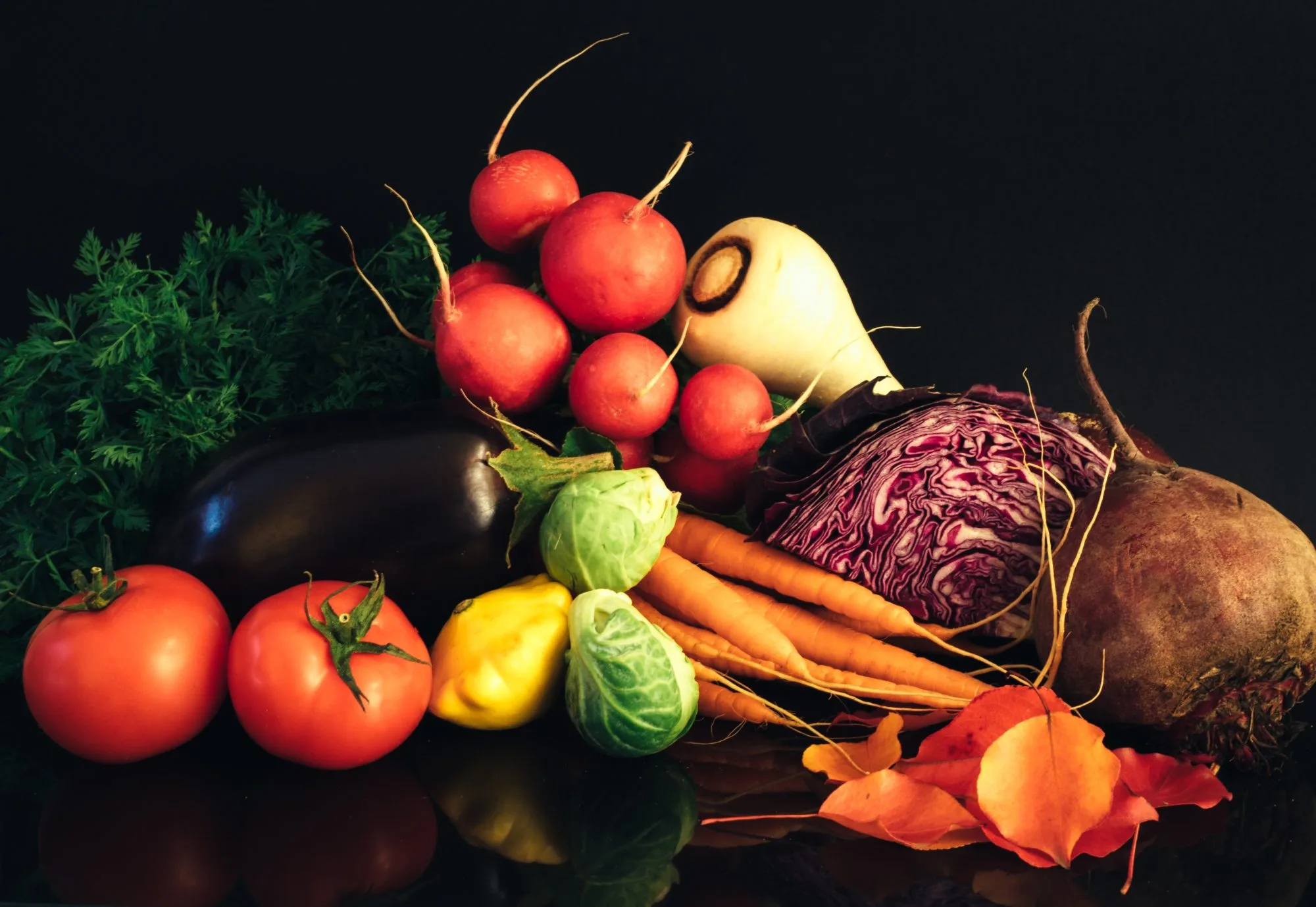Carotenoids are chemical compounds that give fruits and vegetables their bright colors. These pigments act as antioxidants in the body, providing a range of health benefits, such as lowering inflammation and boosting immunity. Unlike some foods, cooking carotenoid-rich foods increases their power. There are over 600 different types of carotenoids but the most recognized are lycopene, lutein, zeaxanthin, and beta-carotene. Some carotenoids are converted into vitamin A, which provides for their health benefits.
Types of carotenoids
Xanthophylls are a category associated with yellow pigment, and they have been known to protect against UV damage and improve eye health. The carotenoids that fall under this category are lutein and zeaxanthin.
According to a study published in Annual Review of Nutrition, individuals who consume high amounts of lutein and zeaxanthin are less likely to experience age-related eye problems. Carotenes are associated with an orange pigment, beta-carotene and lycopene fall under this category of carotenoids. Studies have discovered the anti-inflammatory properties of beta-carotene as well as the cancer-protective properties of lycopene. So, what are the benefits of consuming carotenoids?
1. Boosts the immune system
According to a study published in the journal Experimental Parasitology, carotenoids are great for the immune system.
Their properties help to protect against common infections and diseases. A vitamin A deficiency can increase susceptibility to various illnesses thus it’s important to consume foods that can provide immune support. Beta-carotene is a carotenoid that is converted to vitamin A in the liver. However, in order for these pigments to be converted to vitamin A, you need to ensure that you have a healthy digestive system.
2. Cardiovascular health
With their antioxidative properties, carotenoids are able to block the formation of oxidative stress which can protect cardiovascular health. According to the study, higher consumption of these pigments was linked to reductions in cardiovascular health risks. Carotenoids also help to reduce inflammation, which is often a precursor to heart disease.
3. Eye health
The brighter the vegetables and fruits, the better your eyesight can be. Lutein and Zeaxanthin are carotenoids that have been closely associated with eye health and vision. They protect the eyes by absorbing UV lights and other rays- such as blue light which is emitted from technological devices. Macular degeneration is an eye disease, and it is also the leading cause of age-related blindness. According to a study published in the journal JAMA Ophthalmology, high consumption of foods rich in lutein and zeaxanthin helps to pause your current eye problems as well as prevent further damage.
4. Lowers cancer risk
According to numerous studies, carotenoids found in tomato-lycopene – have the potential to help fight prostate cancer. Watermelon and grapefruit also contain lycopene. Furthermore, a study published in the journal Phytomedicine, uncovered the potential for these pigments to fight against developing tumors due to certain chemicals they contain.
5. Protects the skin
UV light damage can cause issues such as aging skin, melanoma, wrinkles, and even skin cancer. Carotenoids help to protect the skin and its cells against the effects of UV light damage as well as the damage caused by free radicals.
Food source
The best food sources of carotenoids are brightly colored fruits and vegetables- be it yellow, orange, or red. Foods such as dark leafy greens, oranges, papaya, carrots, sweet potatoes, winter squash, spinach, and kale. For those looking for vitamin A sources outside of carotenoids, liver and egg yolks are great animal sources.
Want to find out more?
Click here to find out whether your eye issues are hereditary or due to your environment.



![women [longevity live]](https://longevitylive.com/wp-content/uploads/2020/01/photo-of-women-walking-down-the-street-1116984-100x100.jpg)










